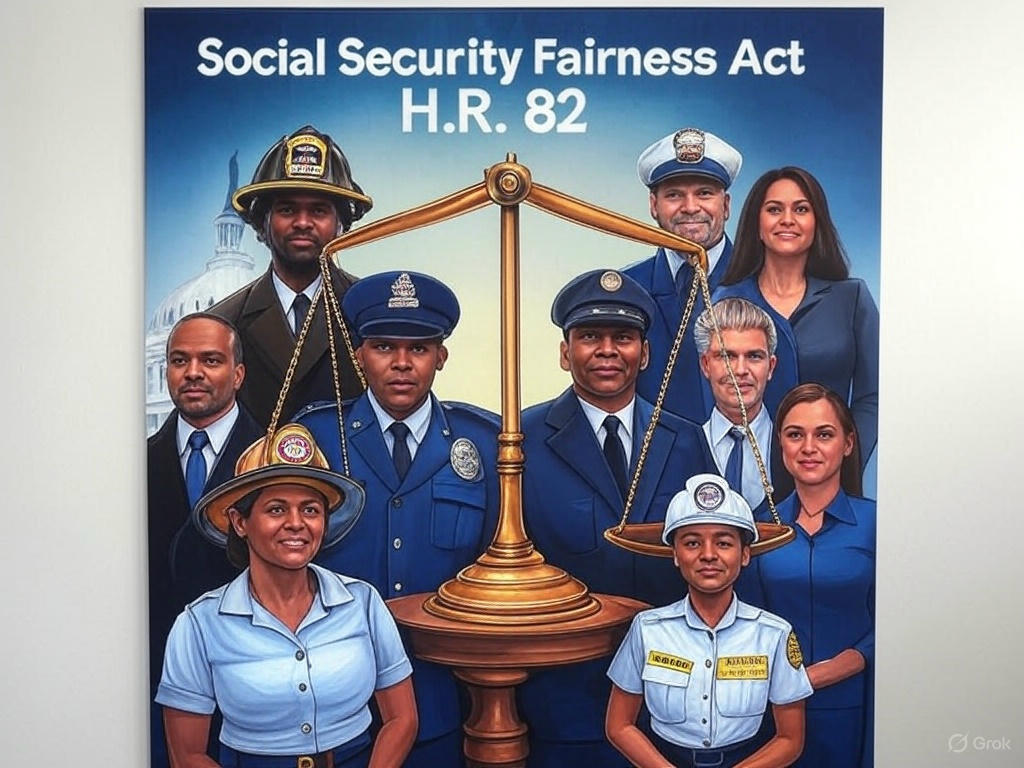The House passed the Social Security Fairness Act (H.R. 82) on November 12, 2024, with a 327-75 vote, and the Senate approved it on December 21, 2024, with a 76-20 vote. After it passed, President Joe Biden signed it into law on January 5, 2025.
What is it: This law fixes two old rules— the Windfall Elimination Provision (WEP) and the Government Pension Offset (GPO)—that cut benefits for some public workers and their families. Here’s what you need to know and where to look for more.
For example, the WEP, enacted in 1983, reduced benefits for people earning pensions from jobs—like teaching, firefighting, or police work—without Social Security tax contributions. It hit folks with less than 30 years of Social Security-covered work hardest, sometimes slashing benefits by half. Now that WEP’s gone, about 2 million retirees get their full Social Security amount, no cuts, even if they have a public pension. The SSA applied this change retroactively and issued back payments starting February 2025.
Similarly, the GPO, from 1983, reduced spousal or survivor benefits for those with non-Social Security pensions. It deducted two-thirds of the pension, leaving 70% of 800,000 affected with nothing. With GPO repealed, these folks now get their full spousal or survivor benefits, also retroactive to January 2024.

This law aids teachers, cops, firefighters, postal workers, and retirees under the Civil Service Retirement System (CSRS). It doesn’t affect those under newer systems like FERS, where workers paid Social Security taxes. Benefits increase based on the person—some gain $50-$100 monthly, while survivors often receive over $1,000.
The SSA began updating payments in February 2025, and most recipients received higher checks by April 2025. Supporters argue it’s fair—why punish people who worked public jobs and contributed to Social Security elsewhere? Critics argue it costs too much—$195 billion over 10 years—and could stress Social Security’s funds. No budget fixes were added to the law, so that debate’s still alive.
For more information, check the SSA’s website (ssa.gov) for official updates or H.R. 82’s text on Congress.gov. Union sites like the National Education Association (nea.org) or International Association of Fire Fighters (iaff.org) have breakdowns too. Look up votes and debates in the Congressional Record or news from late 2024—outlets like CNN or The Hill covered it.
The law’s roots span decades, with Reps. Spanberger and Graves, and Senators Brown and Collins driving it. It’s a major victory for fairness, but the costs merit close attention.






